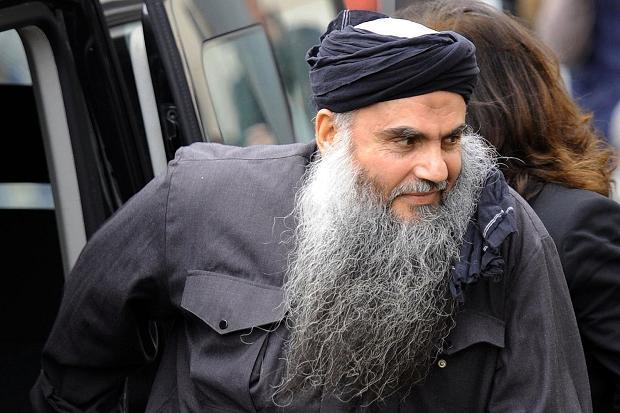You are here
Abu Qatada trial faces delay over translation
By Taylor Luck - May 29,2014 - Last updated at May 29,2014
AMMAN — The State Security Court moved on Thursday to postpone the closing statements by the defence team of hard-line cleric Mahmoud Othman, known as Abu Qatada, to allow the translation of European and British court documents.
The court approved the request for delay by the cleric’s defence team, who claimed that the documents will provide pivotal evidence in proving their client’s innocence.
In order to be considered as admissible evidence, the thousands of court transcripts must be translated into Arabic by a court-recognised translation office under Jordanian law, a process that the cleric’s attorneys claim will take over one week.
Most critical among the court documents is a decision issued by the British Special Immigration Appeals Commission in 2012 granting an appeal and granting the then-UK resident bail, and a decision issued by the European Court of Human Rights that same year against Othman’s deportation to Jordan, raising questions over his ability to receive a fair trial and the credibility of evidence gathered against him.
The move comes as an eleventh-hour bid by defence lawyers Ghazi Thniebat and Hussein Mubaideen to challenge Othman’s 2013 deportation to the Kingdom and subsequent trial after struggling to produce witnesses to counter claims made in the cleric’s twin terror cases.
Thneibat refused to disclose the reasons behind the timing of the introduction of the court documents, claiming that the legal team faced difficulties in gathering the funds to complete the translation, expected to exceed JD1,000.
In its decision, the court, presided over by judge Ahmad Qatarneh, adjourned the trial to June 8 to hear the defence team’s closing argument.
The 51-year-old cleric is currently facing charges in two separate cases: the “reform and challenge” case, where he is charged with masterminding Al Qaeda-inspired attacks on a host of sites across Amman in the late 1990s, and the “Millennium bombing” plot where he along with several other hard-line Islamists were charged with attempting to bomb the American School in western Amman.
The Bethlehem-born Othman faces life in prison with hard labour should he be convicted.
In 2013, Jordan and the UK inked a prisoner swap agreement paving the way for Abu Qatada’s deportation to Jordan later that August.
Related Articles
The defence team for extremist cleric Abu Qatada on Thursday requested a delay in proceedings from the State Security Court, citing a lack of funds to produce expert witnesses for their client.
The State Security Court (SSC) is set to issue its final verdict in the high-profile Abu Qatada terror trial on June 26 after the hard-line cleric’s defence team issued its final statements on Sunday.
The State Security Court heard the testimony of two audio recording experts as the defence team of Mahmoud Othman, or Abu Qatada, challenged the credibility of alleged phone threats made by the cleric while residing in the UK.















